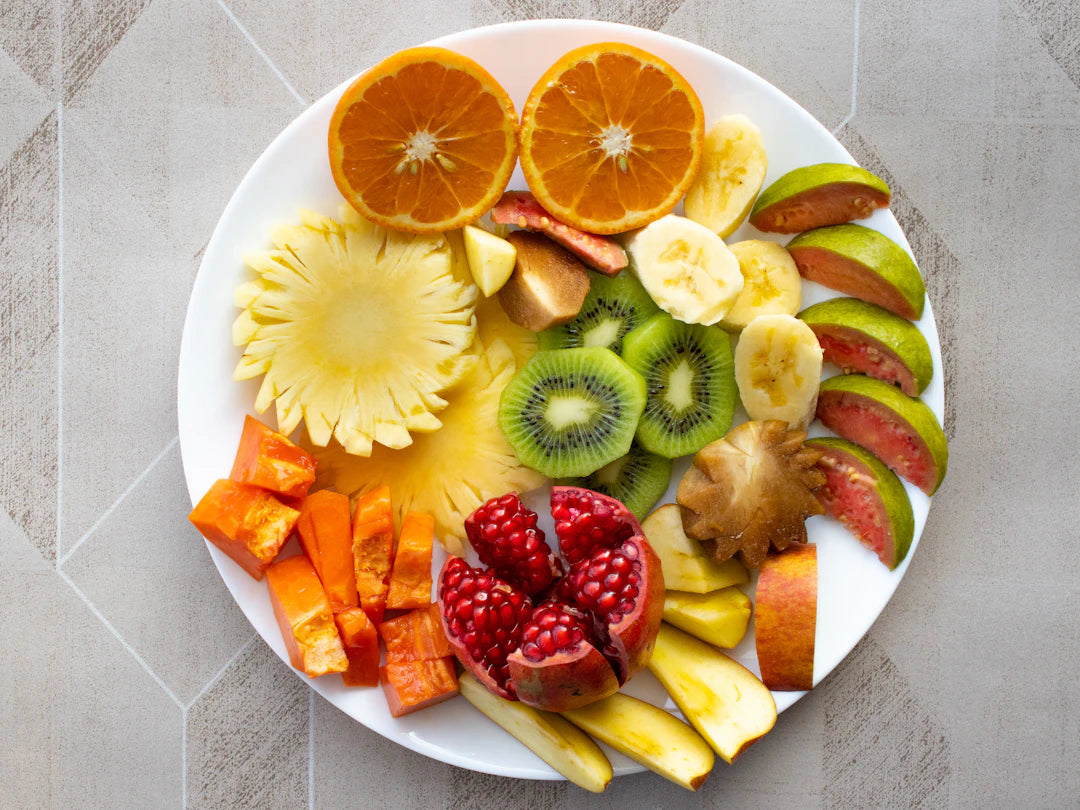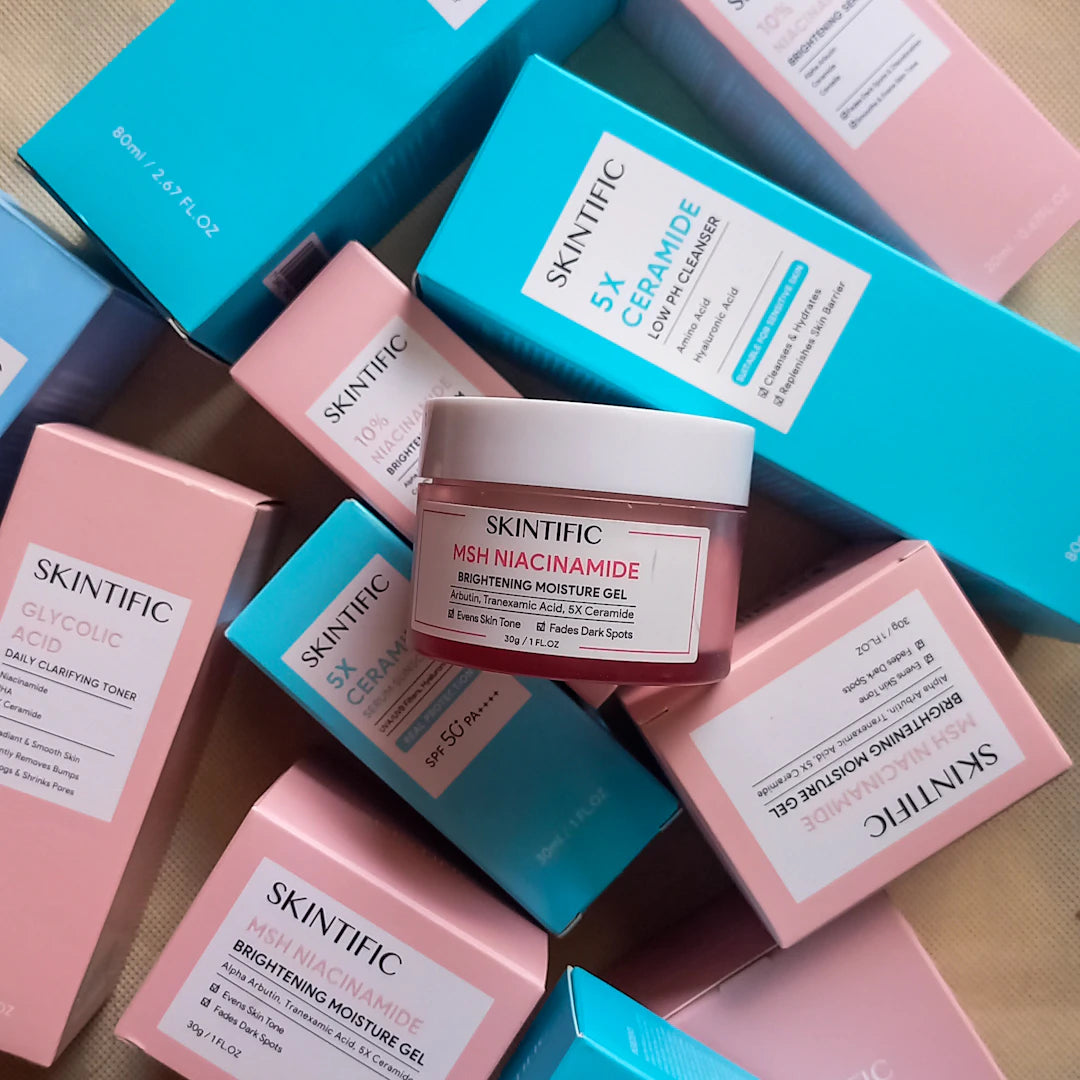The Surprising Impact of Diet on Your Skin Health

Frequently Asked Questions
1. How does diet impact skin health?
2. What are the key nutrients for optimal skin health?
3. Which foods should I avoid for better skin health?
4. What practical tips can enhance my skin care routine through diet?
5. Should I consider dietary supplements for skin health?
Your skin is often considered a reflection of your overall health, and it's true—what you eat plays a significant role in how your skin looks and feels. With the right nutritional choices, you can not only enhance your appearance but also improve your skin's function. In this article, we'll explore the profound effects of diet on skin health, highlight key nutrients, and discuss practical tips to enhance your skin care routine.
Understanding Skin Health
Before diving into the dietary factors that influence skin health, it’s important to understand what skin health means. Healthy skin is not just about having a flawless complexion. It involves hydration, elasticity, and the ability to heal and repair itself effectively. Your skin protects you from environmental factors and regulates body temperature, making it crucial to nourish it from the inside out.
The Link Between Diet and Skin
The food you consume impacts your skin's structure, function, and overall appearance. Nutrients from your diet contribute to collagen production, skin cell renewal, and even oil production. Conversely, a poor diet can lead to issues such as dryness, irritation, and aging signs like wrinkles and fine lines.
Key Nutrients for Optimal Skin Health
To adopt a skin-friendly diet, focus on incorporating these key nutrients into your meals:
Antioxidants
Antioxidants are essential for protecting your skin against oxidative stress and environmental damage. Foods rich in antioxidants include:
- Berries (blueberries, strawberries, raspberries)
- Dark chocolate
- Green leafy vegetables (spinach, kale)
- Nuts (walnuts, pecans)
Including these foods in your diet can help repair skin oil balance and improve skin health by neutralizing free radicals.
Healthy Fats
Healthy fats are vital for maintaining skin's barrier function. Omega-3 and omega-6 fatty acids play a crucial role in keeping the skin hydrated. Foods rich in healthy fats include:
- Avocado
- Olive oil
- Fatty fish (salmon, mackerel)
- Chia seeds and flaxseeds
Incorporating these fats can help reduce inflammation, leading to a clearer complexion.
Vitamins and Minerals
Vitamins A, C, D, and E are crucial for skin health. Here’s a breakdown of their benefits:
- Vitamin A: Promotes cell turnover and can be found in carrots, sweet potatoes, and dark leafy greens.
- Vitamin C: Essential for collagen synthesis and can be sourced from citrus fruits, strawberries, and bell peppers.
- Vitamin D: Supports skin cell development and can be obtained from exposure to sunlight and fortified foods.
- Vitamin E: Helps protect skin from sun damage and is found in nuts, seeds, and green vegetables.
Foods That Harm Your Skin
While incorporating beneficial foods is important, there are certain dietary choices that can negatively impact your skin health. Consider limiting these:
Sugary Foods
Excess sugar in your diet can lead to glycation, a process that deteriorates collagen and elastin, leading to sagging skin. Sugary snacks and drinks can also increase the risk of breakouts.
Processed Foods
Highly processed foods often flounder in nutrients and are typically high in unhealthy fats and sugars. These can increase inflammation in the body, manifesting as skin problems.
Dairy Products
Some studies suggest a link between dairy consumption and acne. If you're prone to breakouts, it may be worth observing how dairy affects your skin.
Building Your Skin Care Routine on Diet
Your skin care routine should complement the efforts you make through diet. Here are some practical tips:
Stay Hydrated
Drinking plenty of water is crucial for maintaining skin hydration. Proper hydration helps keep skin plump and elastic. Aim for at least eight glasses of water a day, and consider adding herbal teas or fruits with high water content into your routine.
Limit Alcohol and Caffeine
Alcohol and excessive caffeine can dehydrate your skin. Moderation is key; try to pair these beverages with plenty of water to counteract their dehydrating effects.
Implement Skin-Friendly Snacks
Instead of reaching for chips or sugary snacks, stock up on skin-boosting options like nuts, berries, and yogurt. Having these on hand can help promote a healthy skin care routine that prioritizes nutrient intake.
Supplements for Your Skin
While a balanced diet should be your primary source of nutrients, certain dietary supplements may also support your skin health, especially if your diet lacks specific vitamins or minerals. Consult with your healthcare provider before adding supplements, but consider these:
- Omega-3 fatty acids for inflammation
- Collagen peptides to enhance skin’s elasticity
- Zinc to control oil production and reduce acne
The Importance of a Holistic Approach
Achieving beautiful, healthy skin is not just about what you eat. It’s also essential to consider other lifestyle factors such as stress management, sleep quality, and regular exercise. All of these elements work together to create the best environment for your skin to thrive.
Making the Change
Transitioning to a diet that promotes skin health doesn’t have to be overwhelming. Start with small changes. Try incorporating one antioxidant-rich food into your meals each week or replace snacks with healthier alternatives. Over time, these changes will add up to a significant positive impact on your skin's health.
Enjoying the Journey
As you begin to see improvements in your skin from your dietary changes, embrace the journey. Learning about what enhances your skin can be empowering, turning healthy eating into a rewarding experience. This proactive approach not only benefits your skin but also fosters a more conscientious relationship with food.
Final Thoughts on Diet and Skin Health
Remember, your skin is as unique as you are, and what works for one person may not work for another. With some experimentation and observation, you can find the perfect balance that nourishes your skin from the inside out. By prioritizing a diet rich in antioxidants, healthy fats, and essential vitamins and minerals, you’ll be well on your way to achieving that radiant glow. So, embrace the power of your plate and watch your skin flourish!
Linked Product
Beauty Oil
Beauty Oil harnesses the nourishing properties of moringa and sacha oils, making it suitable for various skin types. Its lightweight formula helps to hydrate and repair the skin, promoting a healthier appearance while minimizing the risk of clogged pores. Incorporating this oil into your skincare routine can support your overall skin health, complementing the effects of a balanced diet.
View Product

